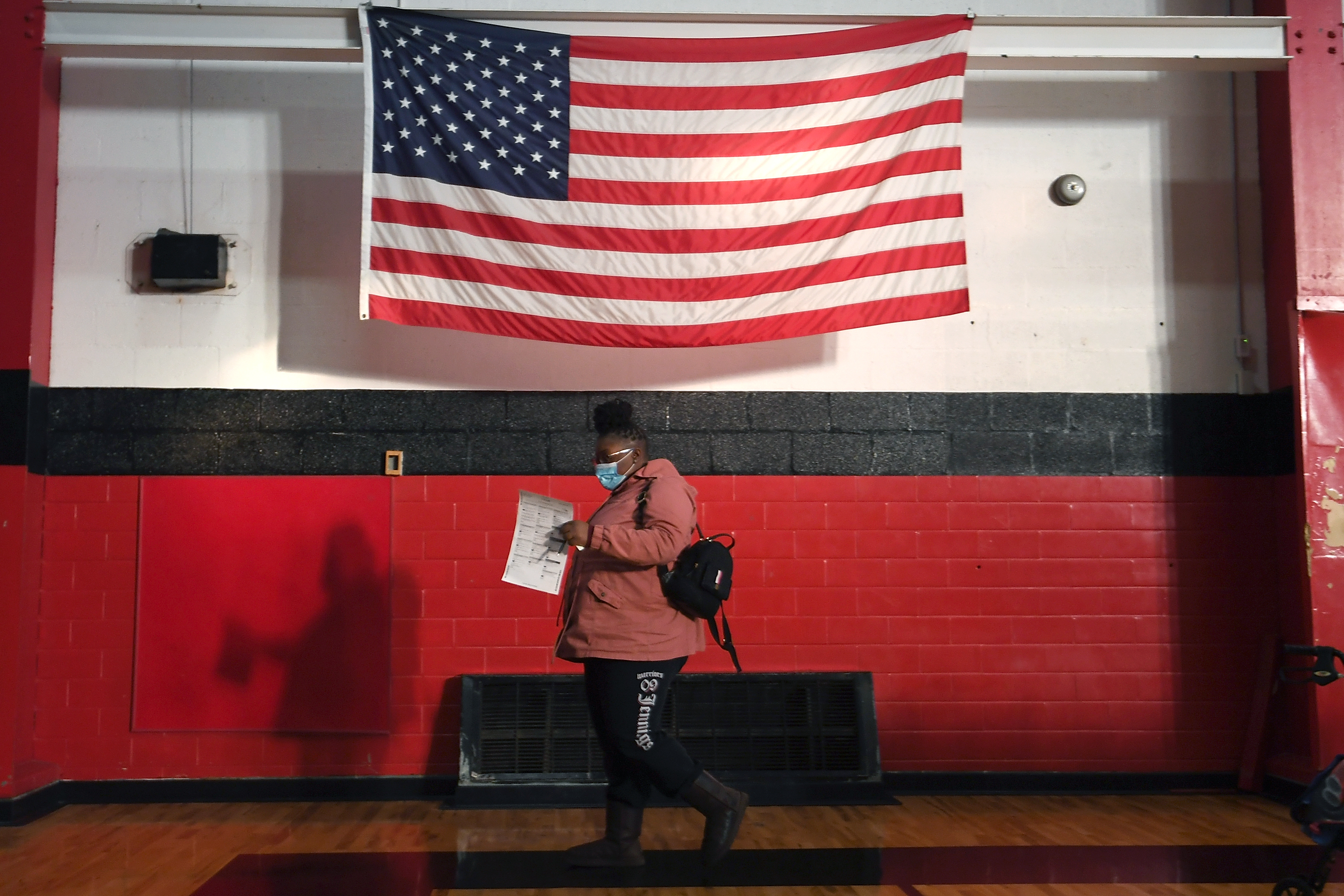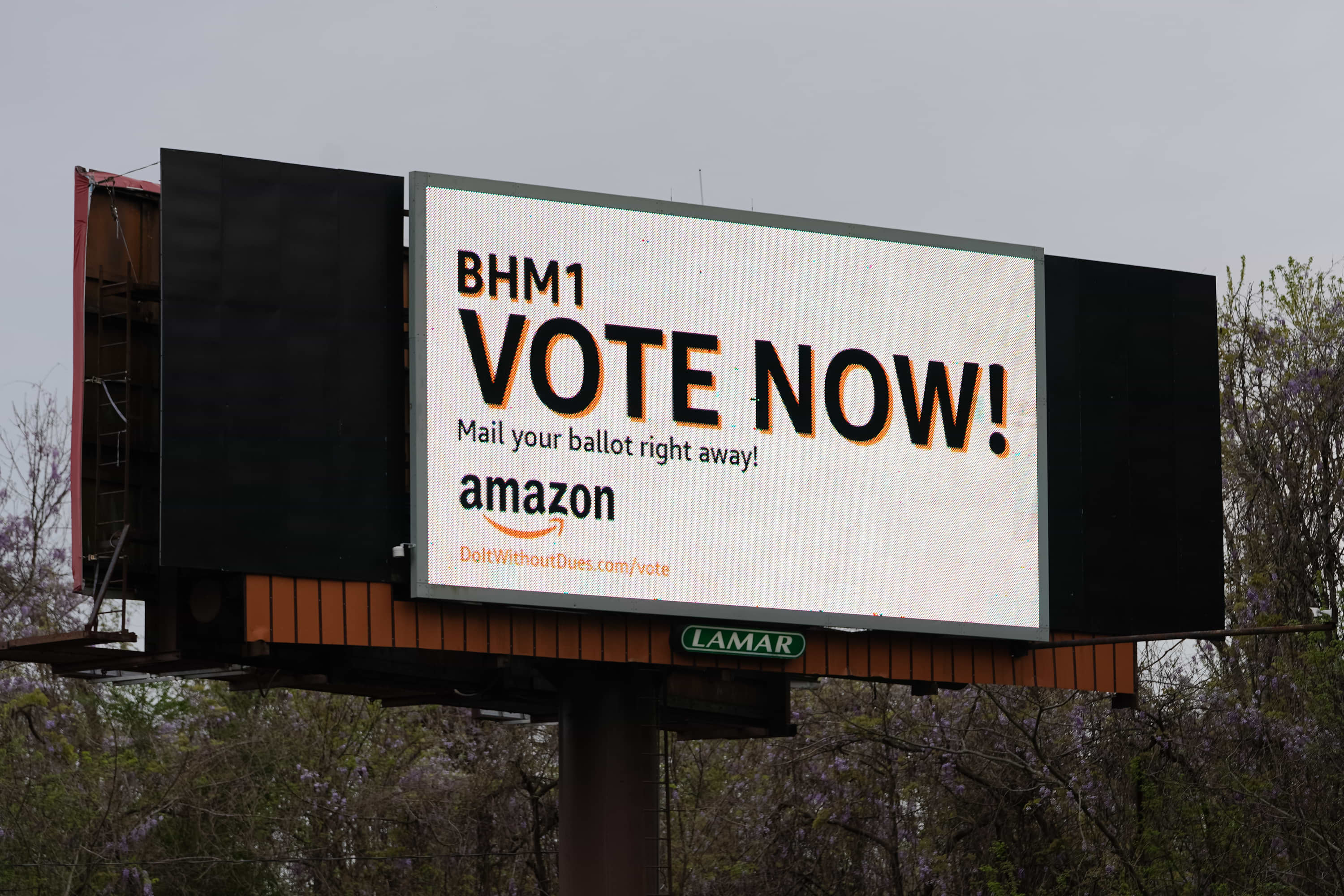This happened to the City of New Orleans a year ago. Though they never came out and said it, I think they paid off the hacker to get the city systems back. I think this is going to be the new normal for a lot of city governments.It amazes me how slow government agencies are to respond at times.
In MA, the state inspection center was attacked by malware bringing down their computers on March 23. This also resulted in the inspection computer systems being down at every shop that does inspections meaning that anyone trying to get their car inspected was SOL.
The computer systems remain down as of this morning and the latest update is they don't expect them to be back up until at least Friday at the earliest. It makes me wonder, was this a ransomware attack? What could take down computer systems for 2 to 3 weeks
In addition to taking forever to resolve the situation, it wasn't until late yesterday that they announced that police would be giving everyone with an expired inspection sticker from March a free pass until April 30th. The same applies for anyone who bought a new car on March 23 or later as they are legal required to get a inspection sticker on it within a week of purchase.
This change in policy comes after people were complaining police were pulling them over and fining them for expired inspection stickers earlier this month. Their complaint was they couldn't get their car inspected so why should they be fined.
This whole situation is affected me currently as well. I really haven't been driving anywhere other than the grocery store still because of COVID. I had noticed my inspection sticker expired in March last week and went to get it inspected only to be told their computers are down. Same story everywhere I tried.

New Orleans Declares State Of Emergency Following Cyber Attack
The City of New Orleans has suffered a cybersecurity attack. Mayor LaToya Cantrell has declared a state of emergency.
 www.forbes.com
www.forbes.com




